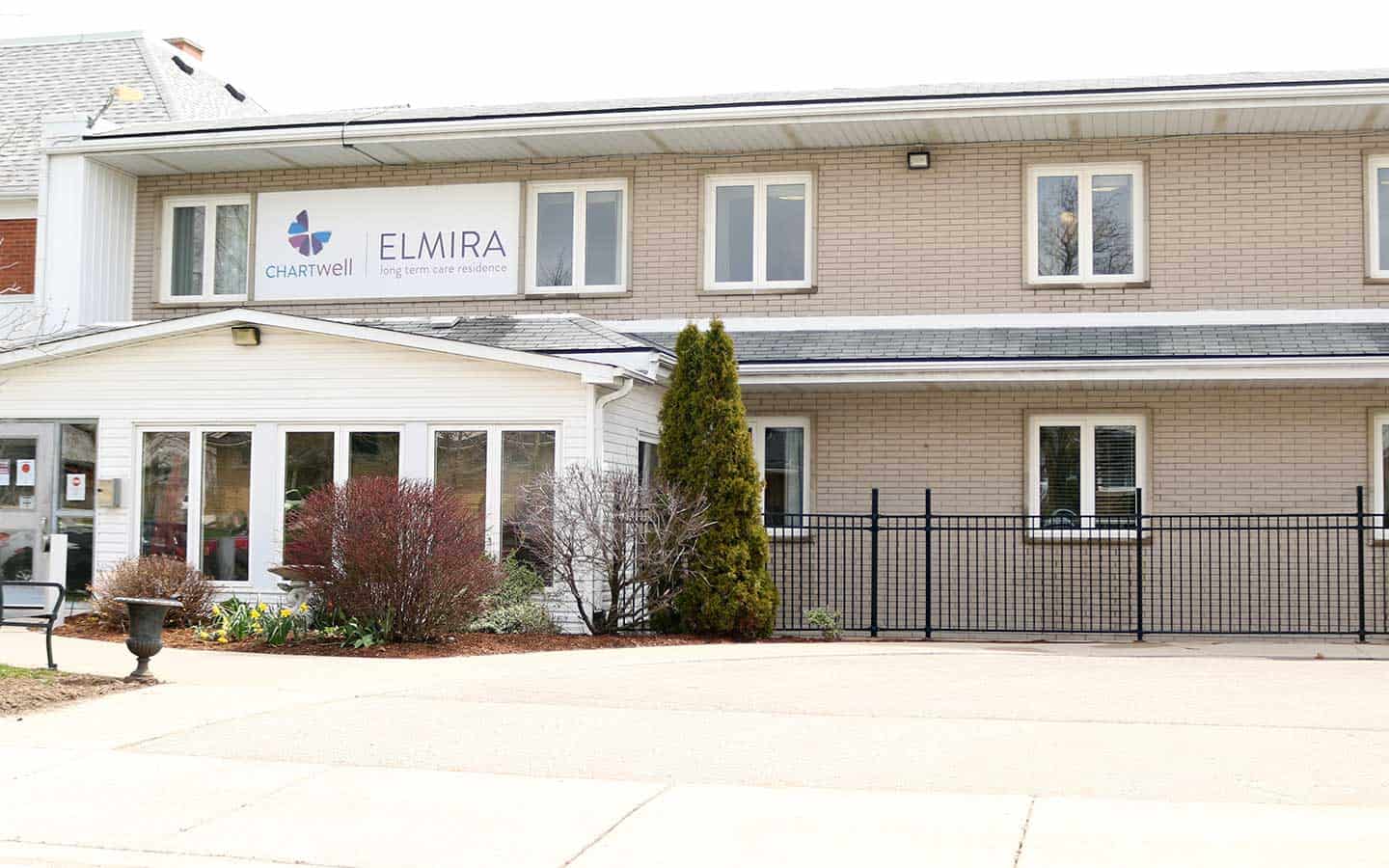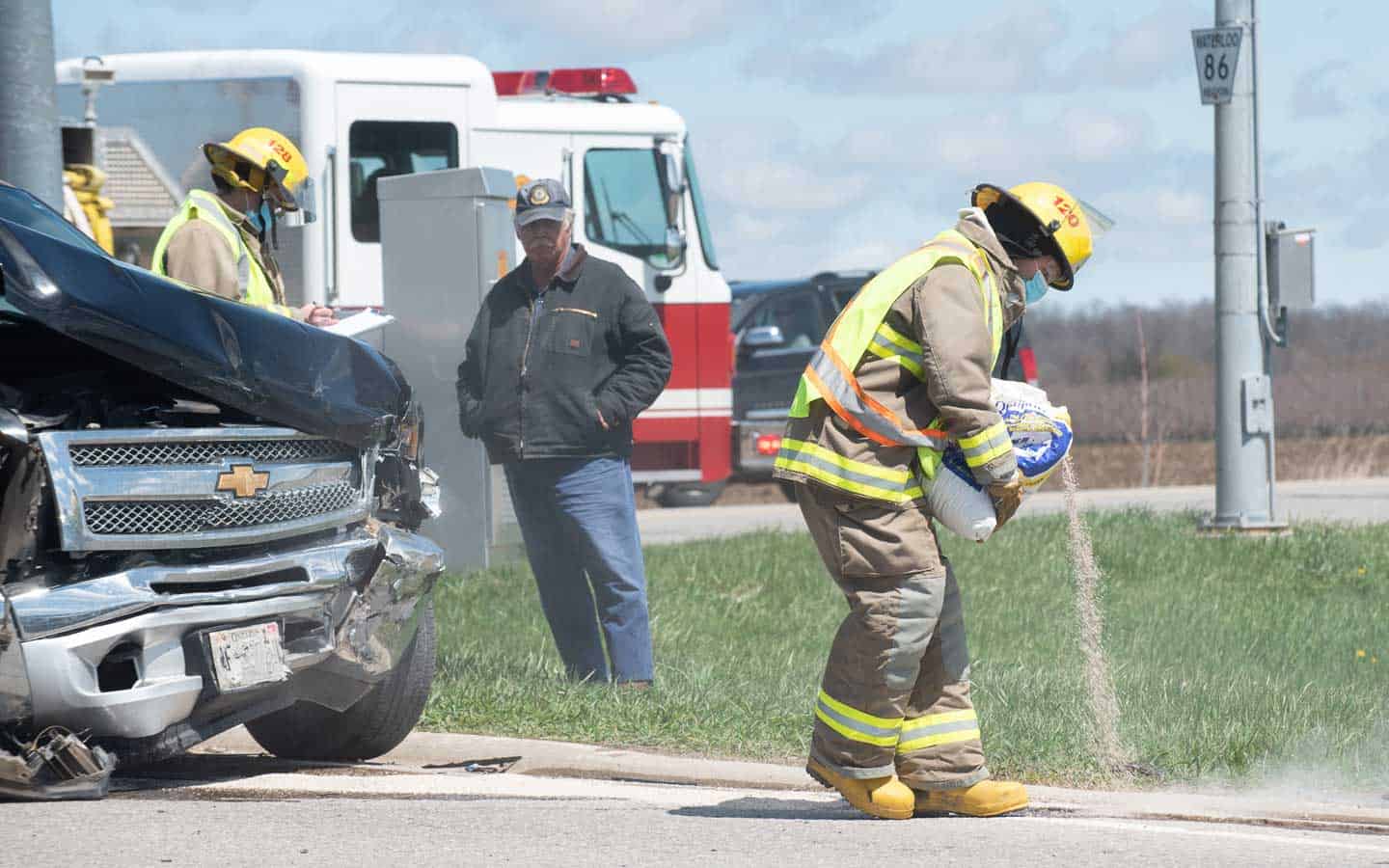Breaking down the number of COVID-19 cases by individual municipality for the first time in the region, health officials warn the figures are “skewed” and may not reflect the full picture.
Cases occurring in long-term care facilities and similar homes have big impacts on some municipalities, for instance, said acting medical officer of health Dr. Hsiu-Li Wong in a video briefing Friday morning.
Specified as cases per 100,000 residents, the new data puts the region’s overall number at 125.1 – 76.1 from outbreaks at facilities and 49 from outside such homes. As an individual municipality, Kitchener has the highest rate at 214.1, of which 147.5 involves residents of care facilities, whereas Wellesley Township is the lowest at 43.1 (25.9 in facilities, 17.3 otherwise).
Because of a number of facilities in the township, Woolwich has the second-highest totals: 164.7, of which 131 involves group homes.
“I think it’s important to note that these are skewed results automatically because only prioritize groups and settings are being tested now. I don’t think these rates are representative of the spread rate of COVID 19 in our community,” said Wang.
Noting the numbers don’t tell the whole story, Wang said the region doesn’t plan for more detailed reports, saying the virus is a threat everywhere in the region, regardless of the figures in any one location.
“People should assume they can get COVID-19. It spreads broadly and easily. There is no reason to believe that the risk would be higher in one township or municipality,” she said.
“These data should not be misinterpreted to give a false sense of security to people who aren’t in those settings [long-term care homes or retirement homes]. As I’ve said before, COVID-19 is still in our community and especially impacting long term care and retirement homes. New cases due to community spread of the virus are being identified each day. The risk of contracting the virus are the same throughout the region,” added regional Chair Karen Redman.

Woolwich’s numbers are influenced by outbreaks at long-term care facilities and homes operated by Elmira District Community Living.
Across the region, outbreaks are being monitored at 12 long-term care and retirement homes. Outbreaks have been declared over at 11 others.
Overall in the region, the number of people with COVID-19 hit 773, of which 72 cases were fatal, a nine per cent mortality rate.
Thirty-nine of those infected in the region are currently in hospital. Some 340 people (44 per cent) are self-isolating at home, while another 316 cases have been resolved (41 per cent), while that status of six more cases is still pending.
Some 63 per cent of cases in the region involve women, with 36 per cent of those afflicted being men.
While there has been some talk of reopening the economy, the rules remain in place at this point and will be enforced, said Mike Murray, the region’s chief administrative officer.
“We’ve got a combination of Public Health inspectors, regional bylaw officers, municipal bylaw officers and Waterloo Regional Police; they will be out and about on the weekend,” he said. “The focus has been … enforcing provincial orders. No public gatherings of more than five people, … stay home as much as possible, and if you feel you have to go out, stay as close to home as possible.”
Wellington-Dufferin-Guelph Public Health reported 281 confirmed cases as of Friday, an increase of seven over the past 24 hours. There have been 22 fatalities. Some 102 cases have been resolved, with nine patients in hospital, four in intensive care.
As of Friday morning, the Ministry of Health was reporting 16,608 cases of the novel coronavirus in Ontario, an increase of 2.6 per cent over the previous day. There have been 1,121 deaths attributed to the virus, representing a mortality rate of 6.7 per cent. The ministry reports 10,825 cases (65.2 per cent) have been resolved.
The latest numbers from Health Canada show 53,657 confirmed cases of COVID-19 nationwide, with 3,223 related deaths. Some 832,222 Canadians have been tested for the virus.









